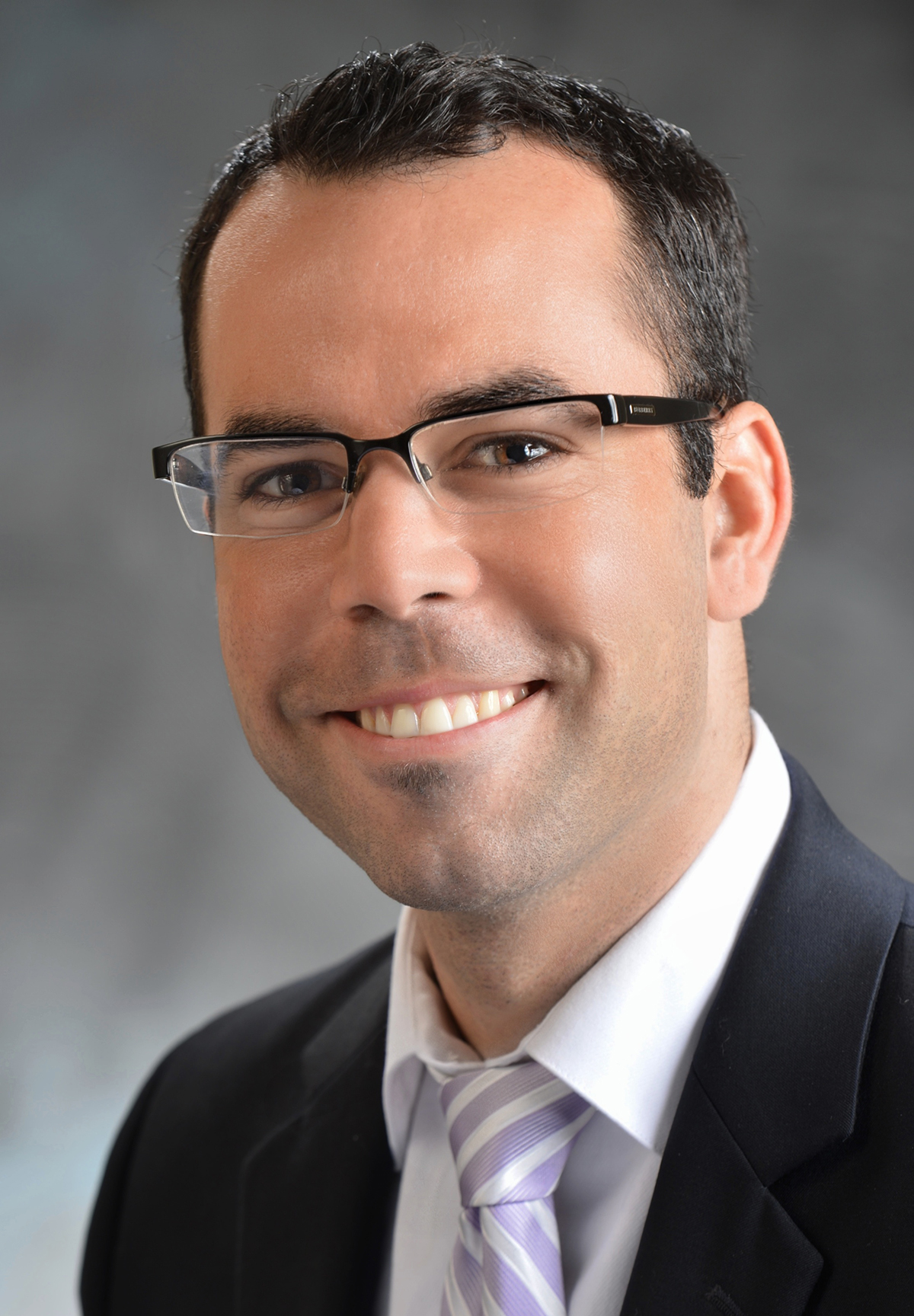Aaron Kivisto quoted by New York Times and Washington Post

Tragic events at the FedEx facility in Indianapolis brought 2019 research about Red Flag gun laws by Aaron Kivisto, associate professor in the College of Applied Behavioral Sciences, back to the forefront. Kivisto was quoted by both the New York Times and Washington Post in the aftermath of the shooting. These articles were subsequently syndicated at many outlets across the country.
Excerpt from the New York Times:
Experts note that most red flag laws are primarily built to address short-term, imminent crises, said Aaron J. Kivisto, a psychology professor at the University of Indianapolis who was an author of the study on the state’s statute.
“Most suicides are fairly impulsive acts, he said. “And if the person can get through the short term crisis, the suicide doesn’t occur, or the homicide doesn’t occur.”
Still, this would not explain how the authorities legally held on to the shotgun after the 14 days. But the chief said Mr. Hole called at one point and said that “he didn’t want the weapons back.”
“It’s not uncommon,” the chief said. “People realize, you know, ‘Maybe I shouldn’t have it.’ They just say, ‘Let it go.’ But I don’t know what his motivation was.”
In any case, without a red flag restriction, Mr. Hole would go on to buy two powerful firearms within the next six or seven months.
For those who have studied the evolution of red flag laws, Mr. Hole may turn out to be a tragic example of their shortcomings. In practice, experts say containing more chronic threats like Mr. Hole might be beyond the laws’ reaches, in their current forms.
“Maybe it prevented something for a year, or six months,” Mr. Kivisto said. “And then it wasn’t enough.”
